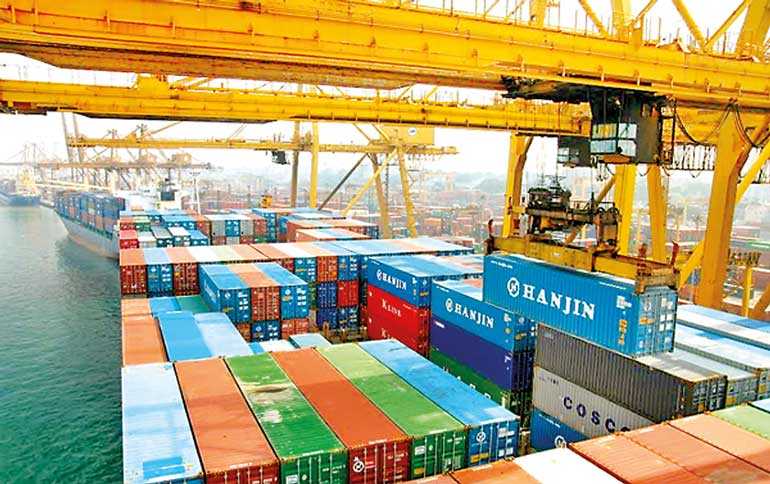ECONOMYNEXT – Prohibitive import tariffs that protect domestic industry from competition are an indication of the inefficiency of local companies, Subhashini Abeysinghe, Research Director at think-tank Verité Research said.
Higher import taxes signal higher domestic prices compared to import prices, and implies that a country is uncompetitive internationally, she told a World Bank forum where its new report on regional trade in South Asia was launched.
Sri Lanka requires a discussion beyond trade liberalisation and needs to make industries more competitive and increase the ease of doing business in the country, she said.
“Prohibitively high tariff regimes give a very good insight into the competitiveness of our industries,” Abeysinghe said. “The moment you see very high tariffs anywhere, it indicates
uncompetitiveness.”
They indicate domestic companies fear foreign competition, she said.
“Countries export if their domestic prices are lower than international prices,” she said, noting that Sri Lanka’s high import tariffs show that domestic prices are many times higher than those abroad.
“We have a large number of domestic industries in this part of the world which are extremely uncompetitive internationally.
”Competition is a very good way to make companies more competitive,” Abeysinghe said.
Sri Lanka must create domestic industries that are more confident of competing with the rest of the world, she said.
(COLOMBO, 09 October 2018)
Taken from EconomyNext
